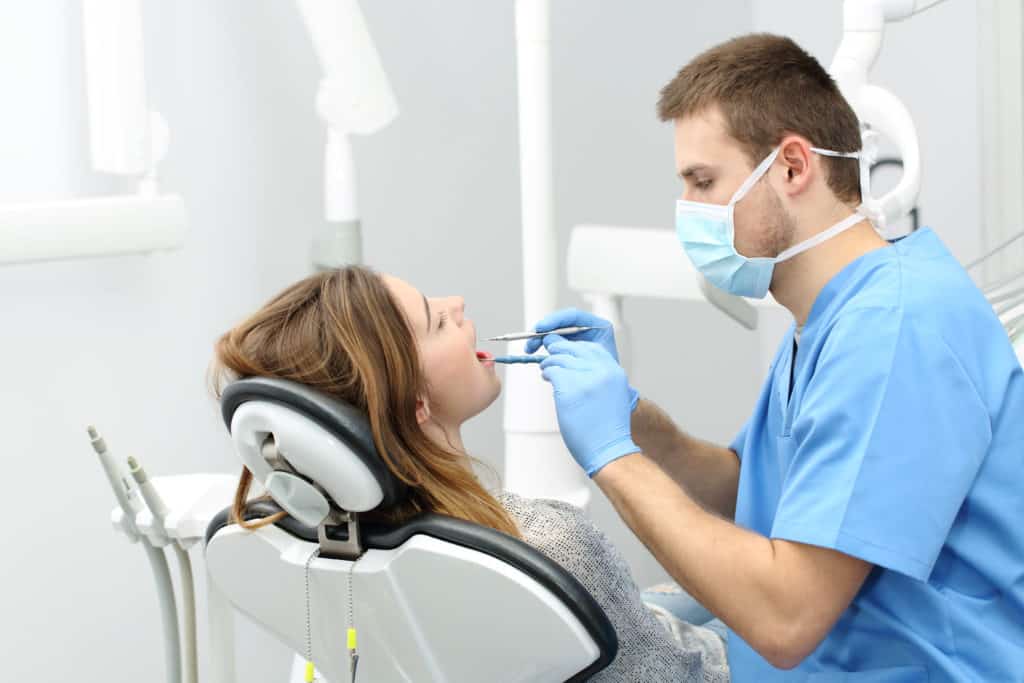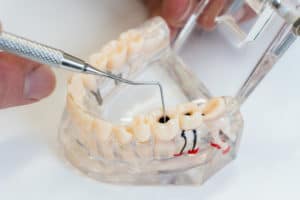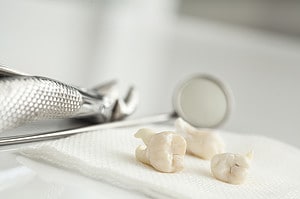You might be wondering what the difference is between a dental hygienist and a dentist. After all, both work on teeth, right? While it’s true that both occupations are in the field of dentistry, there are some key differences between the two roles.
Read on to learn more about the roles of dental hygienists and dentists and how they differ.
What Is a Dental Hygienist?
Dental hygienists are dental professionals who focus on preventive dental care. They clean teeth and educate patients on how to practice good oral hygiene. Dental hygienists also take x-rays, remove tartar and plaque buildup, and apply sealants and fluoride treatments.
Most dental hygienists work in dental offices, though some may find employment in other settings such as hospitals, nursing homes, or public health clinics.
Responsibilities of a Dental Hygienist
The primary responsibility of dental hygienists is to clean teeth. This involves using various tools to remove plaque, tartar, and stains from teeth. Dental hygienists may also take x-rays, apply sealants or fluoride treatments, and provide patient education on oral hygiene.
Other responsibilities of dental hygienists include:
- Maintaining dental equipment
- Recording dental histories
- Checking patients for signs of oral disease
- Assisting dentists with procedures
Who Should See a Dental Hygienist?
Dental hygienists typically see patients seeking to maintain good oral health or prevent dental problems.
If you are due for a teeth cleaning or are looking for ways to improve your oral hygiene, you should see a dental hygienist. Dental hygienists can also provide you with information on how to brush and floss properly, what toothbrush or toothpaste to use, and other tips for keeping your teeth and gums healthy.
What Is a Dentist?
Dentists are dental professionals who diagnose and treat dental problems. They examine teeth, gums, and other mouth parts to check for dental issues such as cavities, gum disease, and oral cancer. In addition, dentists clean teeth, fill cavities, remove tooth decay, and straighten teeth.
Dentists may also perform cosmetic dental procedures such as teeth whitening, bonding, and veneers.
Most dentists work in dental offices, though some may find employment in hospitals or other healthcare settings.
Responsibilities of a Dentist
The primary responsibility of dentists is to provide dental care to patients. This includes examining teeth and gums, diagnosing dental problems, and providing treatments such as cleanings, fillings, crowns, bridges, and dental implants.
Apart from dental care, dentists may also be responsible for:
- Answering patient questions about dental problems and treatments
- Educating patients on proper oral hygiene
- Keeping up to date with the latest advances in dental technology and treatments
- Supervising dental assistants and other support staff
Who Should See a Dentist?
Dentists treat patients who have dental problems or want to improve their teeth’ appearance.
If you are experiencing pain in your teeth or gums, have a tooth that is chipped or cracked, or think you may need a filling, you should see a dentist. Dentists can also provide you with information on cosmetic dental procedures such as teeth whitening, bonding, and veneers.
The Importance of Dental Hygienists and Dentists
Maintaining oral health is essential for overall health and well-being. Good oral hygiene not only helps keep teeth and gums healthy but can also reduce the risk of dental problems and other health conditions.
This is why it is important to have both dental hygienists and dentists in dental clinics. Dental hygienists play an essential role in preventing dental problems through teeth cleanings and patient education. Dentists, on the other hand, are responsible for diagnosing and treating dental problems.
Both dental hygienists and dentists are essential to maintaining oral health. Without dental hygienists, teeth would not be as clean, and dental problems would go untreated without dentists.
Bottom Line
As you can see, dental hygienists and dentists have different roles in the dental field. Dental hygienists are responsible for cleaning teeth and helping to prevent cavities, while dentists are responsible for more complex procedures such as fillings, root canals, and dental implants.











